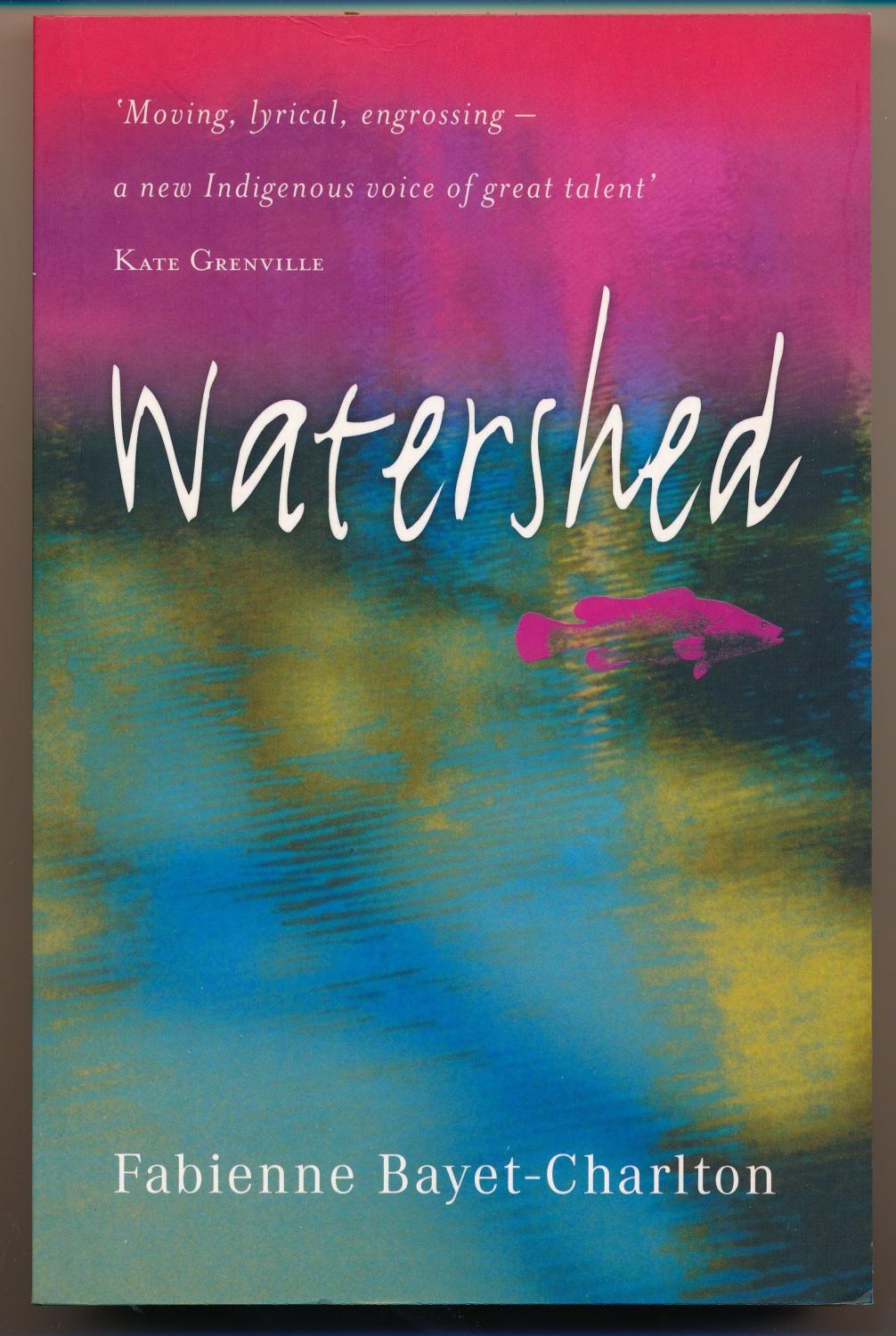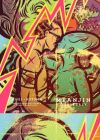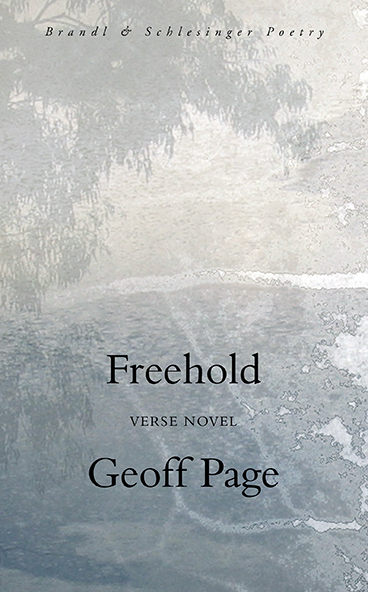Archive
Film | Theatre | Art | Opera | Music | Television | Festivals
Welcome to ABR Arts, home to some of Australia's best arts journalism. We review film, theatre, opera, music, television, art exhibitions – and more. To read ABR Arts articles in full, subscribe to ABR or take out an ABR Arts subscription. Both packages give full access to our arts reviews the moment they are published online and to our extensive arts archive.
Meanwhile, the ABR Arts e-newsletter, published every second Tuesday, will keep you up-to-date as to our recent arts reviews.
Recent reviews
Human Rights and Narrated Lives: The ethics of recognition by Kay Schaffer and Sidonie Smith
Beverley Kingston’s riposte (ABR, March 2006) to my review of the ADB Supplement 1580–1980 (ABR, February 2006) accuses me of ‘reflecting the traditional bias of those early volumes in considering the work of the stock and station agent more worthy than that of the cookery teacher’. I do not. I pointed out that the same space allocated to a writer of a cookery book of only regional significance had also been given to three generations of proprietors of an Australia-wide family company. This was in the context of my comment that the space given to those of national significance had perforce been reduced because many entries were for those of only regional importance. Worthiness has nothing to do with it. There are thousands of worthy Australians who will never grace the pages of the ADB.
... (read more)The judges of the ABR Poetry Prize certainly earned their pastrami on rye this year! Could the short list have been closer, the final choice more difficult? Doubtful. Morag Fraser, Peter Rose and Craig Sherborne agree that a number of the six short-listed poems (which appeared in the March issue) would have made worthy winners. Such is the tyranny of competitions, they had to choose a single poem, and it took a while – longer in fact than Brendan Ryan’s marvellous road poem, ‘Back Roads, Local Roads’, took to unfold.
... (read more)On December 7, the Australian parliament passed the Anti-Terrorism Bill (No. 2) 2005. According to Attorney-General Philip Ruddock, the new legislation places ‘Australia in a strong position to prevent new and emerging threats and to stop terrorists carrying out their intended acts’.1 Most controversially, the law introduces new sedition offences. But it also grants additional powers to the security services, most notably the Australian Federal Police (AFP). Of interest to me here are the provisions allowing the police to restrict the liberty of people who have neither been charged with an offence nor detained for questioning. The AFP may now apply to a court for control orders which could require a person to wear a tracking device, place them under house arrest, bar them from working in certain professions, or prohibit their use of the telephone or the Internet. A control order could be issued for twelve months at a time and would be renewable. Anybody contravening such an order risks a five-year jail sentence. The new law also provides a preventative detention régime. In conjunction with complementary state and territory legislation, the law allows the authorities to detain suspects for up to two weeks at a time.
... (read more)Australian Film & TV Companion: Second edition by Tony Harrison
Watershed by Fabienne Bayet-Charlton & Summer at Mount Hope by Rosalie Ham
Meanjin edited by Ian Britain & Overland No. 181 edited by Nathan Hollier
Problem: in which Australian city do you set a crime story without offending readers from the other cities? Solution: set it in three of them – Canberra, Sydney and Melbourne. This is clever enough, although it soon becomes confusing as to where we actually are, prompting an ‘If it’s Tuesday, this must be Melbourne’ sensation.
... (read more)






